Everyday Peacebuilding Project team heads to the 3rd annual Meth@Mig Workshop
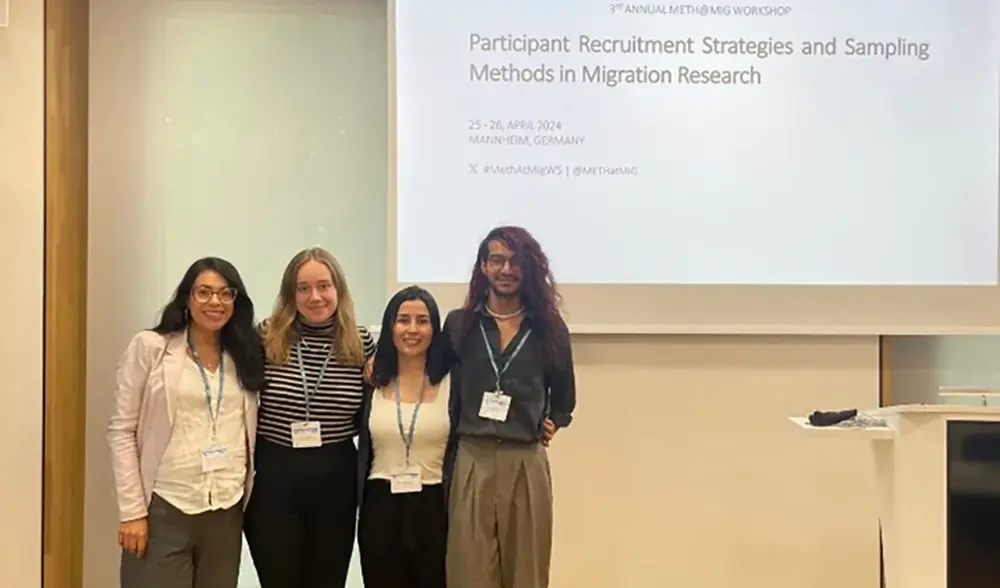
The Everyday Peacebuilding Project team participated in the 3rd ANNUAL METH@MIG WORKSHOP: Participant Recruitment Strategies and Sampling Methods in Migration Research from 25-26 April, 2024, in Mannheim, Germany. In a presentation called “Violence Prevention and Peace Building: An Experimental Approach in an East German International School,” the team shared methodological challenges and learnings from their exploratory experimental intervention.
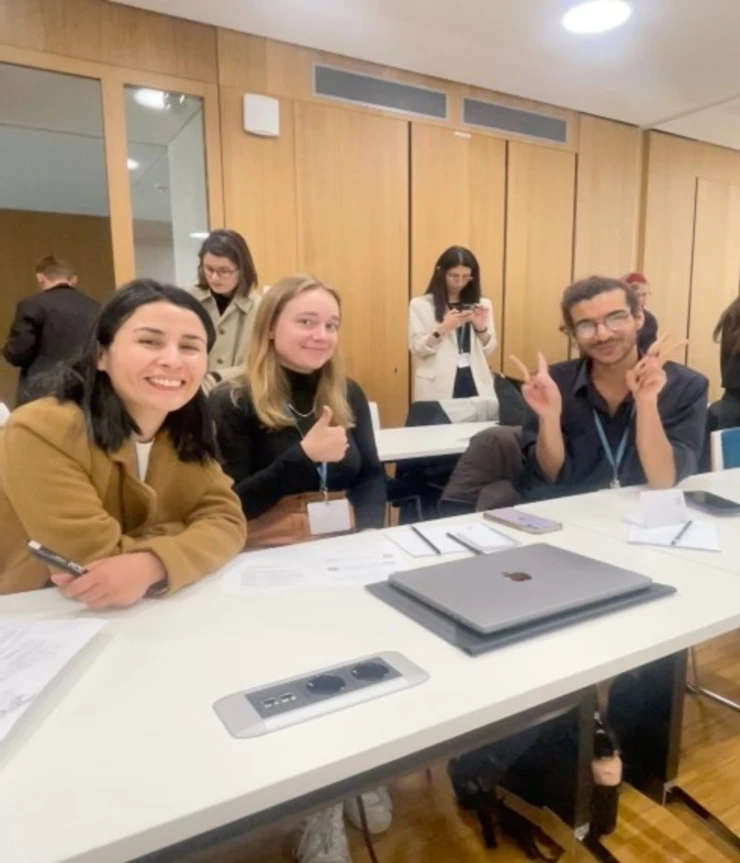
During the workshop, the team had the privilege of participating in methodological discussions regarding challenges, dilemmas, and the interplay between quantitative and qualitative approaches in migration research. These conversations were led by researchers from esteemed universities worldwide, including the Universities of Sheffield, Princeton, Copenhagen, Cambridge, Oxford, and Manitoba, among others. Additionally, insights were shared by governmental and non-governmental institutions actively engaged in addressing migration issues, thereby enriching methodological inputs and experiences in the presentations and discussion. The institutes present were: BAMF Research Data Centre, Maghreb Action on Displacement and Rights, German Centre for Integration and Migration Research (DeZIM), German Centre of Gerontology, GESIS - Leibniz Institute for the Social Sciences, and Institute for Employment Research (IAB).
The team delved into topics such as online sampling, inclusive recruitment for surveys, and the associated challenges and strategies in participant recruitment. These discussions encompassed methods like utilizing multi-language questionnaires to enhance participation among respondents with migration backgrounds; employing ethnography and social media strategies to effectively recruit participants; and gleaning insights from national surveys and panels to mitigate the overrepresentation of immigrant-origin groups or hard-to-reach migrants such as rejected asylum applicants.
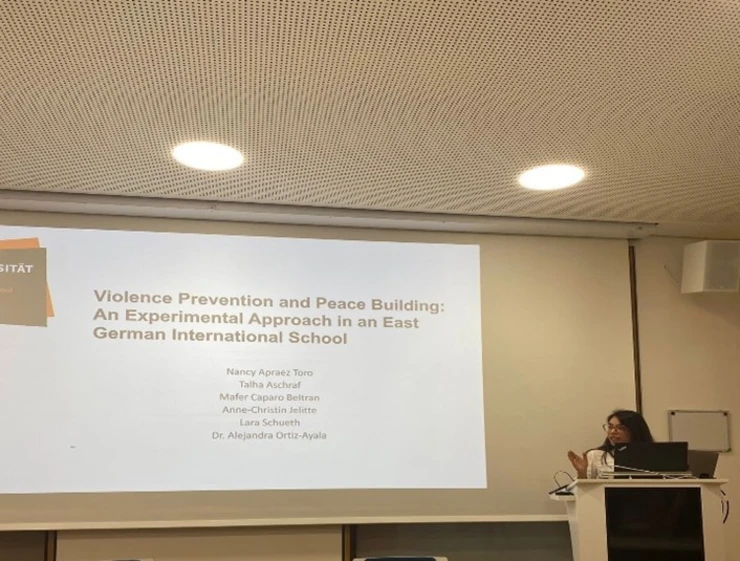
Dr. Alejandra Ortiz-Ayala, the project leader, offered insights into the team's engagement in this workshop:
"In my view, this experience embodies the imperative to incorporate experiential learning strategies for our students. It has constituted a personal pedagogical challenge for me to envision learning scenarios that transcend the confines of traditional classroom settings and curricula. I am keen for my students to witness and actualize the concepts I impart within the realm of real-life settings.
During this workshop, the students comprising the Project group had the opportunity to engage with and gain firsthand insights from researchers and practitioners regarding experiences in data collection. To some extent, this allowed me to convey to my students that proficiency in employing both qualitative and quantitative research methods in crafting data collection instruments—data utilized for shaping public policies addressing the needs of various population groups, notably those experiencing vulnerability or underrepresentation within state agencies providing fundamental rights—constitutes an added value to their professional profile. For instance, during this workshop, we became cognizant that contrary to the notion of data 'objectivity' and 'neutrality,' data are invariably subject to biases and subjective decisions, beginning with the very design of their collection, stemming from researchers who possess the capacity to marginalize voices or entire population groups in surveys due to the inherent nature of recruitment strategies.
Hence, emerges my message to my students concerning the significance of cultivating a mindset aligned with research and methodological rigor, as these competencies extend beyond the mere necessity of thesis composition for graduation; they may serve as the linchpin of an innovative profile in the labor market. For me, there exists no greater satisfaction than witnessing my students attaining positions where they serve as catalysts for meaningful change, leveraging rigorous methodologies for the design, analysis, implementation, and/or evaluation of public policies.
I fervently hope that this experience broadened my students' perspectives!"
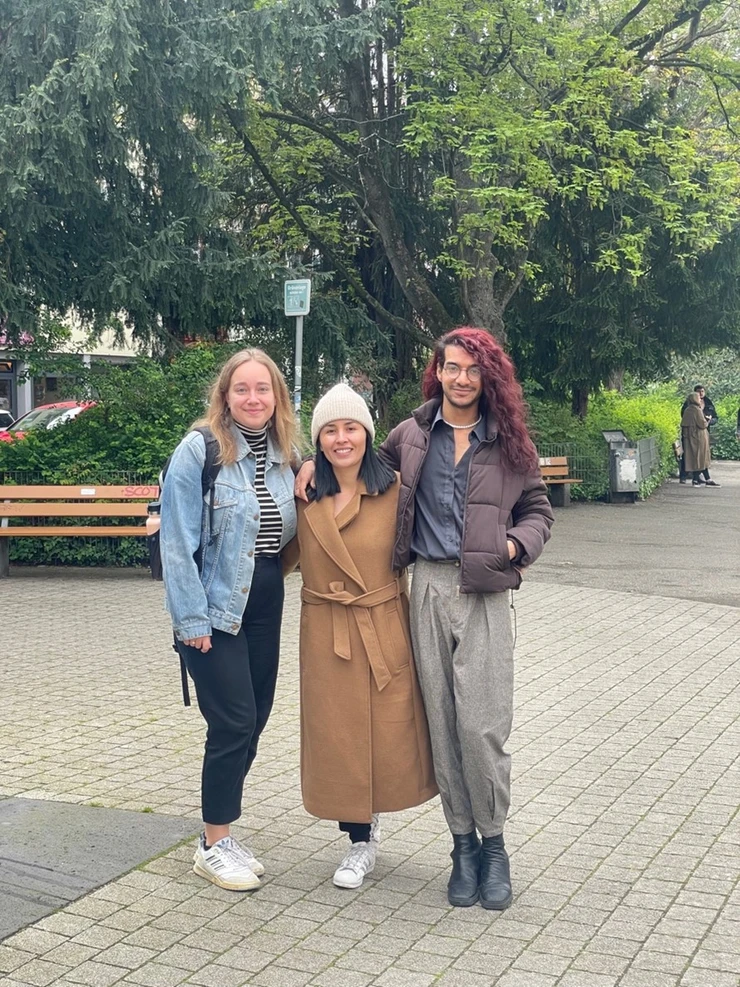
The students also shared some of their insights on the event. For Nancy Apraez, “This kind of experience is truly valuable because it helps students to network, get in touch with experts in the field, and in this moment, get inspiration for my methodological design for my thesis.” She added that “this exposure in this kind of conference should happen regularly to bring tools to students that open up opportunities in their respective fields.”
For Lara Schüth, “it was an invaluable experience to get to hear about what other scholars are researching and the methods they use. I also appreciated hearing people discuss things that have gone wrong in their research and being open about what they would do differently next time. It was encouraging to hear that even experienced researchers don’t always design the perfect study every time.”
From the perspective of the students who attended this workshop, the Willy Brandt School should continue participating in these spaces as they encompass theory and practice.
About the Author
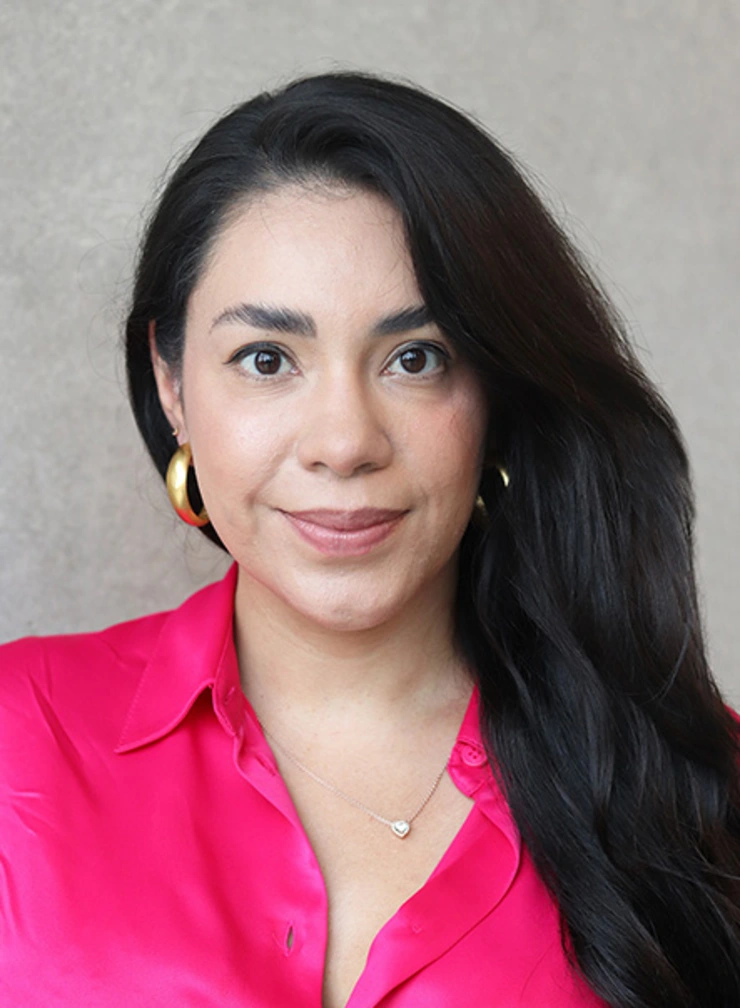
Alejandra Ortiz-Ayala, PhD, is a Research Associate and Head of Conflict and Conflict Management specialization at the Willy Brandt School of Public Policy at the University of Erfurt. Previously, she was a Research Assistant Fellow on a participatory action research project with refugee-background young people in southern New Zealand at the School of Education of the University of Otago. Alejandra Ortiz-Ayala is a political scientist from Colombia. Before her PhD, she spent several years as a lecturer, researcher and consultant for national and international organizations in Colombia. Her current academic research interest incorporates four areas, with the overall goal of preventing violence. First, she has studied the role of the security sector in war to peace transitions, mainly in Latin America. Second, she analysed the influence of ideology on people, political behaviour, violence mobilization, radicalism and armed groups' behaviour in the context of civil war and beyond. Third, her research explores mechanisms for reconciliation between victims and perpetrators. Finally, her recent research studies social cohesion in the context of civilian displacement and resettlement during and post-civil wars in the context of Colombia and New Zealand. Methodologically, she is a mixed methods researcher: she has experience designing and analysing public opinion surveys, including lab- in-the-field experiments, survey experiments, and semi-structural and in-depth interviews.
~ The views represented in this blog post do not necessarily represent those of the Brandt School. ~